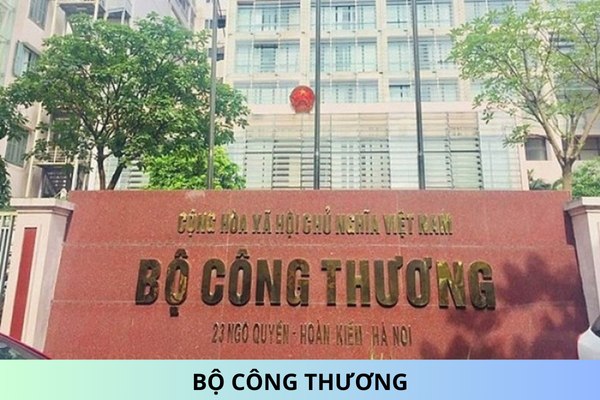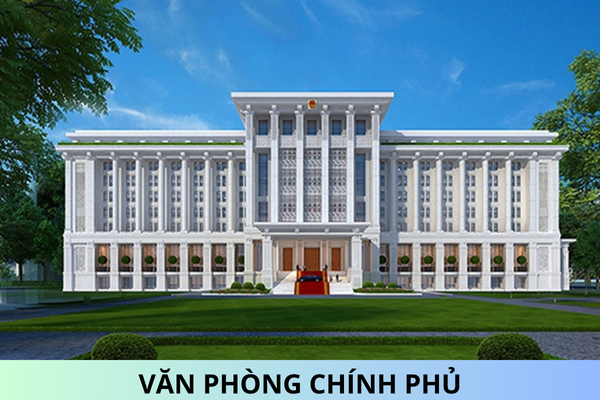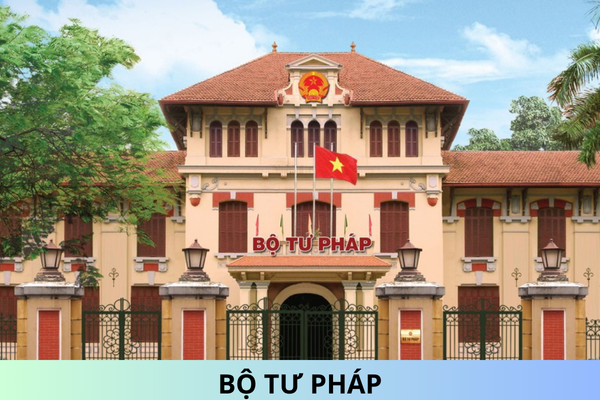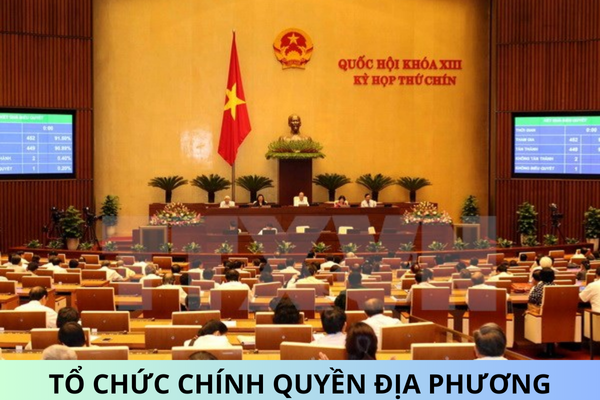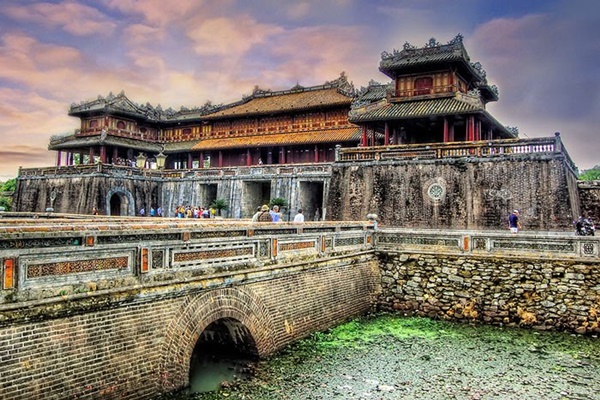What are regulations on the duties and criteria of a level-1 heritage conservator in Vietnam?
Related to regulations on codes, professional title standards, and salary classification for cultural heritage specialists, what are regulations on the duties and criteria of a level-1 heritage conservator in Vietnam?
What are regulations on the duties of a level-1 heritage conservator in Vietnam?
The duties of a level-1 heritage conservator are stipulated under Clause 1, Article 4 of Circular 16/2021/TT-BVHTTDL as follows:
- Chairing the development of long-term, medium-term, and annual activity plans for the protection and promotion of the cultural heritage values of the unit and the organization after approval.
- Leading research and application of scientific and technological achievements in the protection and promotion of cultural heritage values.
- Developing outlines for the exhibition and introduction of cultural heritage, conservation projects; organizing the implementation of exhibitions on particularly important, national, and international scale themes.
- Developing plans, projects, and organizing the implementation of national and international-scale surveys, collection, and archaeological excavations.
- Participating in the development of legal normative documents, policies, strategies regarding the protection and promotion of cultural heritage values.
- Developing program content, compiling materials, and organizing training, guidance on specialized knowledge and skills for lower-level heritage conservators.
What are regulations on the duties and criteria of a level-1 heritage conservator in Vietnam? - image from internet
What are regulations on the criteria of a level-1 heritage conservator in Vietnam?
The criteria of a level-1 heritage conservator are stipulated under Clause 2 and 3, Article 4 of Circular 16/2021/TT-BVHTTDL as follows:
Standards for training and development:
- Hold a master's degree or higher relevant to the field of cultural heritage.
- Have a certificate of training according to the professional title standards for cultural heritage specialists.
Standards for professional competence and skills:
- Have a strong understanding of the Party's guidelines and policies, state laws, and development strategies in the field of protecting and promoting the values of cultural heritage.
- Have in-depth knowledge of the professional practices in the protection and promotion of cultural heritage values.
- Have the ability to analyze, synthesize, systematize, propose, and provide advice on developing policies, legal normative documents, plans, and programs regarding the protection and promotion of cultural heritage values.
- Have the capacity to organize and direct the implementation of research, application of scientific and technological advances to improve the quality and effectiveness of the work in protecting and promoting cultural heritage values.
- Possess basic information technology skills, be proficient in a foreign language, or be proficient in the language of ethnic minorities for civil servants working in minority areas as required by the job position.
In addition, the Circular also stipulates the requirements for civil servants participating in exams or promotions to the professional title of a level-1 heritage conservator:
- Have held the professional title of a second-class heritage conservator or its equivalent for a minimum of 6 years. In case of equivalent experience, there must be at least 1 year (12 months) holding the professional title of a second-class heritage conservator until the deadline for submitting the application for the exam or promotion.
- During the period of holding the professional title of a second-class heritage conservator or its equivalent, have been in charge of researching and developing at least 2 projects, plans, initiatives, or scientific research programs at the Ministry or sector level in the field of protecting and promoting cultural heritage values that have been authorized for acceptance and approval. Alternatively, have been in charge of at least 2 national and international-scale surveys, collections, archaeological excavations, or exhibitions.
Best regards!


